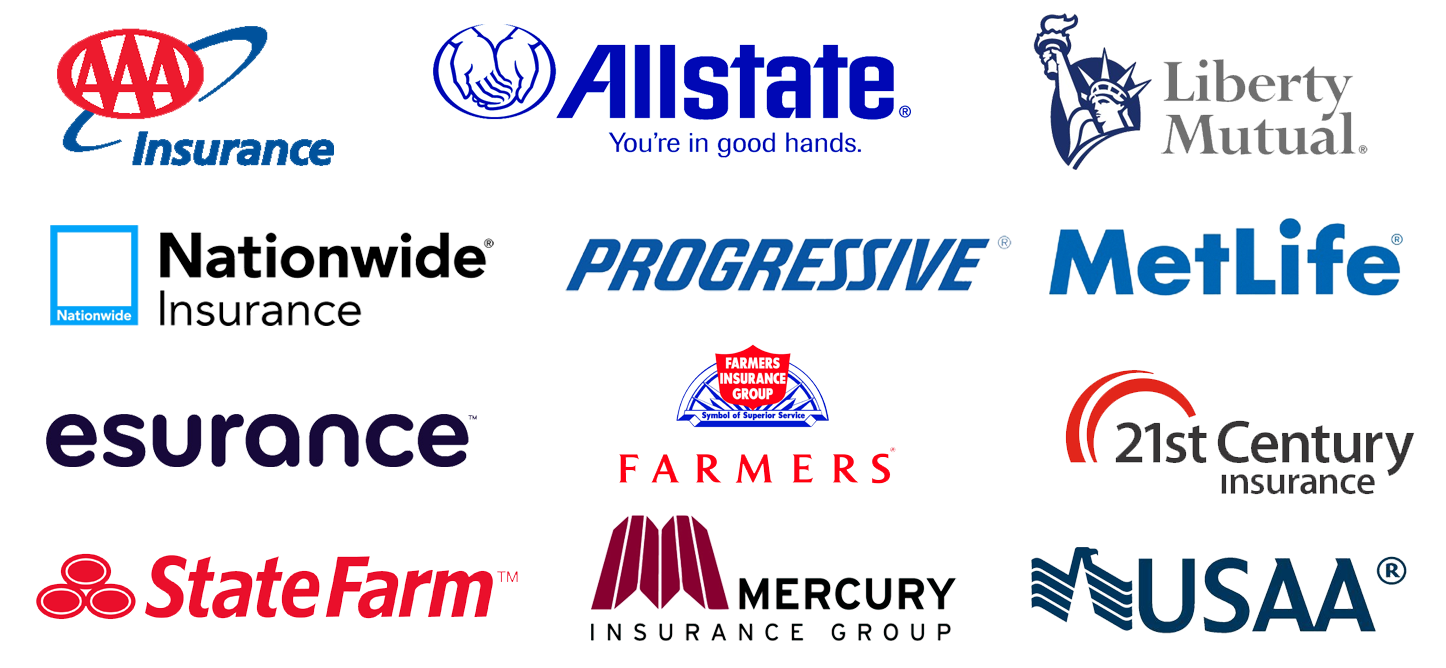Looking to Save up to $560 per Year
on Auto Insurance?
To find out how answer these questions:
Looking to Save up to $560 per Year
on Auto Insurance?
To find out how answer these questions:
How Long Have You Been Driving?

Top 10 Frequently Asked Questions About Auto Insurance
1. Does my vehicle affect my car insurance rates?
Yes. The make and model of the vehicle that you own plays a factor in your insurance rates. Simply, the cost of your vehicle makes a big difference on how much liability an insurer has to cover if they need to pay. For instance, the more it will cost to repair or replace your vehicle(s), the more you will have to pay to insure it.
2. What is GAP insurance?
When you lease or finance a car and it is written of in an accident, gap insurance is the difference from what your insurance company pays for the damaged or stolen vehicle and the remainder of what you still need to pay on a current vehicle loan or lease. Vehicle insurance pays based on your vehicle's current value. Since many vehicles decrease in value quickly, you can find yourself in a place where you owe more on the vehicle loan than what the vehicle is worth after it has been in an accident or theft. For example, if you purchase a $30,000 car and in one year it may only be valued at $22,000, and you may still have $25,000 remaining on the vehicle loan. The GAP insurance will cover the $3,000 difference so you will not be caught owing money on a valueless car.
3. How do I lower my auto insurance costs?
To decrease your insurance premiums on a vehicle, you can ask your insurance broker the following:
4. How do limits and deductibles impact my premium?
The vehicle insurance premium is higher when you have a higher insurance coverage amount and a low deductible amount. When you choose deductible amount, verify the amount you could afford to pay if you were ever to be involved in an accident with your vehicle. With a lower deductible, you pay less when you make a claim, but ou will pay a higher monthly insurance premium.
5. What is "No-fault" Insurance?
No-fault insurance is the coverage under your insurance policy that you may be able to get, and insures you whether you were at fault for the vehicle accident or not at fault. Based on where you live, the amounts of your coverage on various benefits, such as medical and/or rehabilitation benefits, can vary. In some cases, you may be able to add additional insurance coverage for these capped or limited benefits.
6. What if I did not inform my insurer that I use my vehicle to drive to work. What are the consequences?
If you do not properly inform you car insurer, you might not be entitled to receive the full amount of insurance claim.
Insurers set insurance premiums based on the amount of risk your coverage represents. This means what you are using your vehicle for. If you are using your vehicle to travel to work every day, your insurance cost will be based on the distance you travel each day to travel to your workplace and back home.
7. Why do insurance companies check a person's credit file?
Insurance companies check your credit file only to offer you the best insurance premium. Credit files are effective in predicting the level of future insurance claims. This is why insurance companies check this and other information to to determine the best insurance premium for you. Often, your insurer will use your credit score to determine payment terms. When it's time to renew or change your insurance policy, the information is updated so your insurer can continue to offer you the best price.
Credit agencies treat information for insurance reasons and loan reasons, differently. This way your credit file, it is not impacted.
Sometimes if you don't want your credit file to be checked an the insurance company will offer an insurance premium, but you might not receive the best offer.
8. Does my location affect my vehicle insurance cost?
Yes. Your location is one of the factors that is considered in your insurance premium. For instance, drivers who live in a large city will generally pay more for insurance than people who live in the suburbs. The reason behind this is that there is often traffic on the suberb roads decreasing the risk of accidents.
9. How much auto insurance coverage is enough?
Auto insurance is a government regulated product. The minimum amount of insurance coverage is mandated by your state government. Minimum coverage can change over time, check out your state's website.
You are responsible for the shortfall. For this reason, many drivers select will get coverage that is higher than the government mandated minimum.
You are not government mandated to purchase auto insurance to cover damages to your automobile. However, But, if you are leasing or financing your automobile, the leasing company or bank will require that you insure your automobile for collision and comprehensive coverage.
10. What is the difference in insurance cost if my vehicle is financed?
Some insurance companies charge a difference in insurance rates, when the vehicle is financed. Vehicle financing companies may require that you to carry full coverage, which implies that you must have collision and comprehensive coverages on your vehicle insurance policy.
